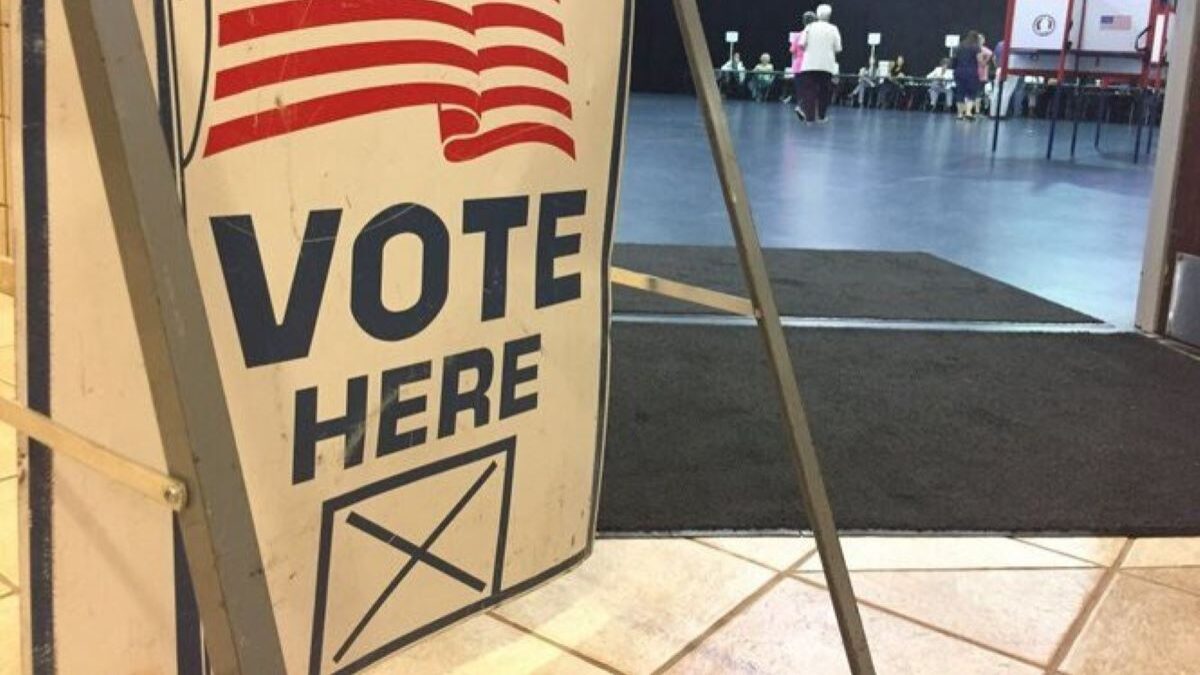
Mississippi became the latest state to advance election security measures on Monday, with Gov. Tate Reeves signing legislation to bar state and local election officials from receiving funding from nongovernmental entities to conduct elections.
Passed overwhelmingly by the state House and Senate last month, the new law (HB1365) mandates that “[n]o agency or state or local official responsible for conducting elections may solicit, accept, use or dispose of any donation in the form of money, grants, property or personal services from an individual or a nongovernmental entity for the purpose of funding election-related expenses or voter education, voter outreach or voter registration programs.”
Individuals utilizing “personal time to assist with voter education, voter outreach, voter registration programs or other election-related programs” are not affected by the bill, so long as they don’t receive “compensation or in-kind donation for contributing his or her time.”
While speaking at a signing ceremony for the legislation, Reeves applauded the measure’s passage, saying, “Corporations and special interest groups have no role in determining how [Mississippi] elections are run, how [Mississippi] candidates are elected, and who [Mississippi] voters cast their ballots for.”
“The vast injection of … sums of money without oversight is harmful to our system and presents ample opportunities for further misuse of funds,” he said. “Today, I am proud to sign House Bill 1365. This bill marks a tremendous step forward in ensuring election integrity in our state.”
During his remarks, Reeves referenced actions taken by Meta CEO Mark Zuckerberg, who dumped more than $400 million into the pockets of left-wing advocacy groups during the 2020 election in order to alter state and local government election operations.
Among these groups was the Center for Technology and Civic Life (CTCL), which, as William Doyle explained at The Federalist, “demanded the promotion of universal mail-in voting through suspending election laws, extending deadlines that favored mail-in over in-person voting, greatly expanding opportunities for ‘ballot curing,’ expensive bulk mailings, and other lavish ‘community outreach’ programs that were directed by private activists” leading up to the 2020 race.
According to figures from the Capital Research Center, CTCL spent approximately $3,703,777 “Zuckbucks” in Mississippi alone during the 2020 election cycle. Over the past two months, three individuals in the state have been arrested over alleged embezzlement and fraudulent spending of those Zuckbucks, with such actions resulting in hundreds of thousands of dollars in total losses.
“We won’t allow our elections to be controlled by twenty- or thirty-somethings sitting in Silicon Valley cubicles, who would care less about our state or our people,” Reeves said. “Our policy decisions will reflect the desires of Mississippians, not vague entities that attempt to skirt the democratic process of our constitution for their own gains.”
Other states that have passed measures barring Zuckbucks in their elections include Virginia, Kentucky, West Virginia, and others.







